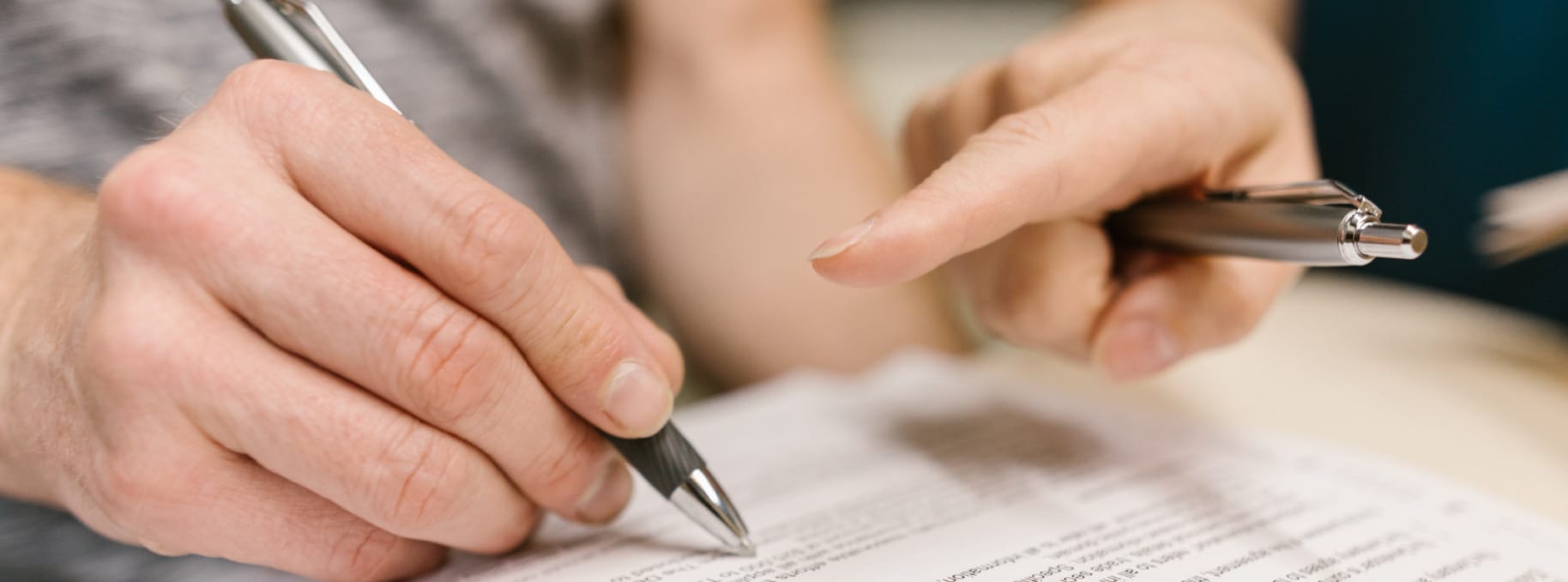Lease Agreement in Thailand
Drafting and Renewal of Lease Agreement in Thailand for Thais and Foreigners

What Is A 30-Year Lease Agreement in Thailand?
Foreigners in Thailand do not have the right to acquire land ownership. A 30-year lease agreement is therefore made to give them the opportunity to protect their home investment through lease.
Who can Apply for a Lease Agreement in Thailand?
A foreigner who is willing to own a property in Thailand is eligible for a 30-year lease along with an option to extend. Individuals who are willing to have an ownership in a Thai condominium unit should meet the following conditions;
- A foreigner deemed by law in any of these categories;
- A juristic person who is allowed to reside in the country under the immigration law
- A juristic person who is permitted to enter Thailand under the Investment Promotion Act
- A foreigner who brings foreign currency in Thailand or withdraws his/her money from a non-resident Baht account to pay for the lease of the condominium unit.
- The ownership of the Thai condominium units by a juristic person must not exceed forty-nine percent of the total space.
Four Things to Consider
- A foreigner is not permitted to own a property or a land in Thailand apart from the following cases;
- Receiving the property as an inheritance as the statutory heir
- Contributing Baht 40 million in Thailand for investment
- The 30-year lease must be registered at the Land Department
- Any lease, exceeding three years should be in writing. Similarly, it must be recorded on the ownership title deed under section 538 Civil and Commercial Code.
- The lease agreement cannot go beyond 30 years.
Agreement & Registration
Requirements:
How is Lease Agreement in Thailand Drafted?
- It is typically drafted in the Thai language, although we provide an English version if required.
How is Lease Registered?
- Leases for 3 years and above are usually registered at the Land Office that protects the lessee’s interest.
- The title deed, containing the lessee’s name alongside the particulars to the lease is attached to the agreement to be kept at the Land Department.
- 1.1% of the total rental value is to be remitted as the registration fee
Can a 30-Year Lease be Renewed?
- Under the Civil and Commercial Code, a 30-year lease can be renewed once that too for a period of 30 years. However, note that only one renewal is possible.
Why us ?
Complete Support From Lease Drafting to Renewal
Get Different Versions of your Lease Agreement
Full Compliance with the Civil & Commercial Code
Support for Both Thai & Foreigners in Leaseholds
Good Relationship with Land Officials & Authorities
Multilingual Expert Advisory & Drafting Support
Frequently Asked Questions
Foreigners are not eligible to claim ownership over a property as freehold. This is why 30-year lease of a land or a property is the preferred method. Moreover, such a lease contract is signed to protect the interest of both the owner and the lessee, whereas its terms and conditions add clarity to the legal arrangement.
Under Section 538, unless there is any written evidence signed by the liable party, the lease of the immovable property is not enforceable by actions.
A foreigner leasing a Thailand property is required to submit the following documents;
A copy of his/her work permit or a residential certificate that is issued by the Thai Immigration Income proof, including pay slips or bank deposits to be provided to the landlord, if asked Passport
Yes, you can. Since it is not automatically renewed, a proper legal process should be undertaken at the end of the term. Though it might seem to be difficult, with Konrad Legal lawyer’s assistance it is possible.
Typically, the agreement is drafted in the Thai language. But, we can provide you with its English version. Even then, if you have difficulty in understanding we are there to explain.
We recommend you to include young adults like your children, if any, as the co-lessees, so that they can carry on the term of the contract on your behalf.
Yes, provided the lease agreement permits.
Leases can be only transferred to any third party if its guarantor permits it.
Whenever you wish! Our customer care executives will be happy to help you.
For further inquiry, please fill up our online form.


